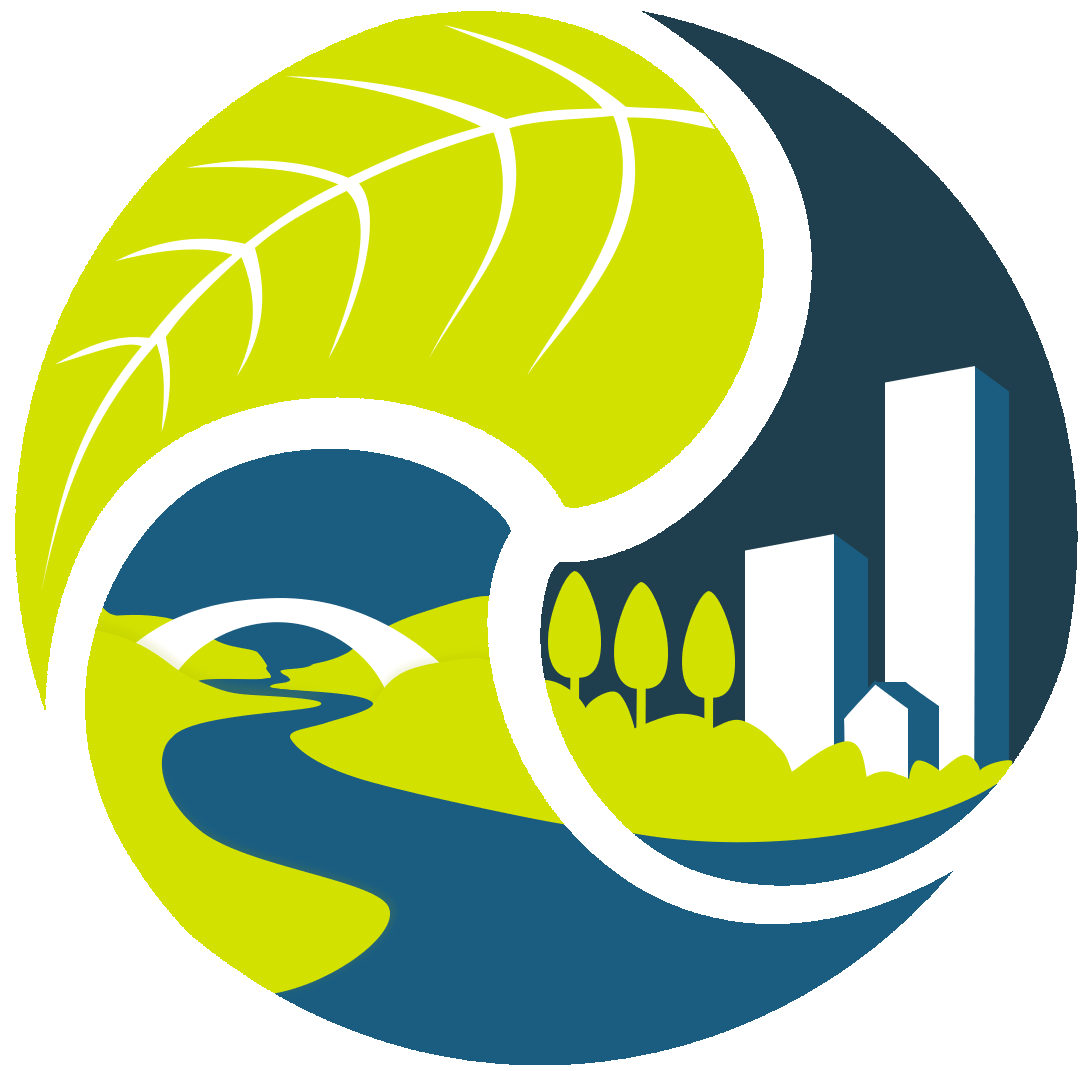Contribute through transformative research to reversing current trends that degrade human well-being and the living conditions of all living beings on Earth - CNRS, IRD
The relationship between humans and the planet is experiencing the deepest crisis ever documented. Climate change, biodiversity loss, pollution, and growing inequalities are the main drivers of a global crisis affecting ecosystems and the planet’s habitability for humans. Physical risks are exacerbated by increasing inequalities, health crises, and geopolitical tensions. Despite repeated warnings from scientists over the past five decades, policies aimed at achieving and maintaining acceptable living conditions for human populations and ecosystems have been insufficient. Biophysical changes and overall social and political instability are systemic, complex, and interdependent issues.
TRANSFORM aims to contribute, through transformative research, to reversing current trends that degrade human well-being and the living conditions of all beings on Earth. To achieve this, the program aims to advance fundamental research on the physical and social conditions of habitability, strengthen the co-construction of situated knowledge between scientists and society, and define effective and collective repair options as well as desirable futures. TRANSFORM will combine observations and experiments within Earth Habitability Labs (EHL) based in specific locations, facilitating the exploration of scale interactions and power relations within an Earthcare Institute for Transformation (EIT). While the EIT is an entirely new entity, most EHLs will build on existing socio-ecological observatories and setups in France and other regions, including countries in the Global South.
Using this structure and building on recent advances in sustainability science, TRANSFORM pursues three objectives across multiple scales: (1) exploring the conditions of Earth's habitability loss through broad interdisciplinary analysis of all major issues associated with the planet’s habitability (quantitative and qualitative observations, representations, imaginaries, aesthetics, theories, norms) as well as actions impacting habitability (transition policies, adaptation, mitigation, resistance), (2) producing knowledge for transformation based on field surveys, observations, and experiments through cooperation between researchers from various disciplines, artists, and other actors, (3) developing new ways to build habitability by removing obstacles to transitioning towards better habitability, overcoming institutional barriers to transformation, and identifying new ways to construct desirable futures based on capacity building and empowerment, from individual and collective actions to public policies. The expected outcomes are transformation processes (i) of our research and training practices, (ii) of our representations of the Earth system, particularly the interactions between humans and non-humans, (iii) of habitability practices and policies, from local to global scales. The core hypothesis of TRANSFORM is that the co-construction of knowledge across disciplines, collaborative work with artists, and the creation of new alliances between science, society, and policy will pave the way for profound transformations in governance systems from local to global levels.
TRANSFORM is supported by partnerships with CNRS and IRD, particularly their socio-ecological observation and experimentation networks, in association with EHESS, Sciences Po, INRAE, and nine French universities.

